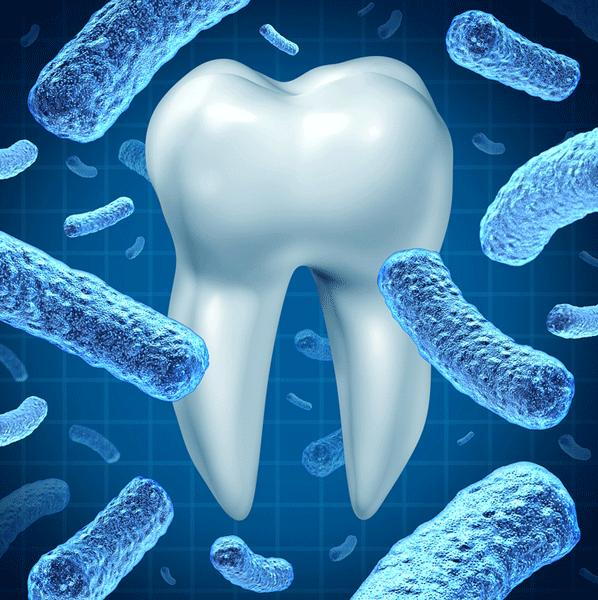Oh, no, what can you do if your tooth is irreparably damaged? See your dentist at Isaacson Gentle Dentistry in White Bear Lake. Dr. Daniel  Isaacson and Dr. Michael Weisbrod are experts in the gentlest of restorative procedures, including dental extractions. Learn why a tooth must be pulled and how it's done. The hows and the whys are simpler than you may think.
Isaacson and Dr. Michael Weisbrod are experts in the gentlest of restorative procedures, including dental extractions. Learn why a tooth must be pulled and how it's done. The hows and the whys are simpler than you may think.
Try to save a tooth
The first rule of dentistry is spare as much natural tooth structure as possible. That's why fillings, crowns, root canal therapy, veneers and more exist and why your White Bear Lake Dentist insists you be consistent about at-home and in-office hygiene. Your own teeth simply are your best teeth.
Unfortunately, however, some circumstances require dental extraction. An obvious one is extensive decay that extends into the tooth roots and underlying bone. Others are deep fracture from trauma to the mouth or failed root canal therapy.
In addition, an all-too-common cause for tooth loss and extraction is advanced periodontal disease. When plaque and tartar accumulate, gum tissue becomes infected, swells, and bleeds. Eventually, even the underlying bone degrades, and teeth loosen--often irretrievably. The National Institute of Dental and Craniofacial Research states that gum disease is the biggest reason why American adults lose teeth.
Other reasons for dental extraction
Dr. Isaacson and Dr. Westbrod may recommend extraction when:
- Baby teeth impede eruption of adult teeth
- Baby or adult teeth impede orthodontic correction
- Adult teeth are too large for a small jaw, and teeth are crowded and crooked as a result
- Wisdom teeth are impacted in gum tissue and/or bone
Impacted wisdom teeth (also called third molars) frequently plague adolescents with pain, infection, decay on neighboring teeth and more, says the American Dental Association (ADA). In these cases, extraction really is a must-do procedure.
The procedure and the after-care
Most extractions are what dentists call simple extractions. The dentist numbs the tooth, rocks it with an instrument called an elevator and then grasps it with a forceps to remove it. Then he sutures the site closed. In the case of an impacted tooth, more complex oral surgery may be necessary.
In any case, at-home care afterward is important. After a simple extraction, the patient:
- Should bite on a sterile 4x4 to quell bleeding
- Rinse with salt water a few times daily for a few days
- Avoid drinking with a straw and smoking as the suction may dislodge the forming clot
- Start a soft diet the day after the extraction (macaroni and cheese, soup, mashed potatoes, yogurt)
- Take over the counter ibuprofen for pain
- Reduce jaw swelling with ice as needed
Do you have a problem tooth?
Your White Bear Lake Dentists at Isaacson Gentle Dentistry Dr. Daniel Isaacson and Dr. Michael Weisbrod will examine it to determine your treatment options. If extraction is the only clear path to oral health, rest assured you'll get the finest and gentlest care. Call today for a consultation: (651) 762-7677.




